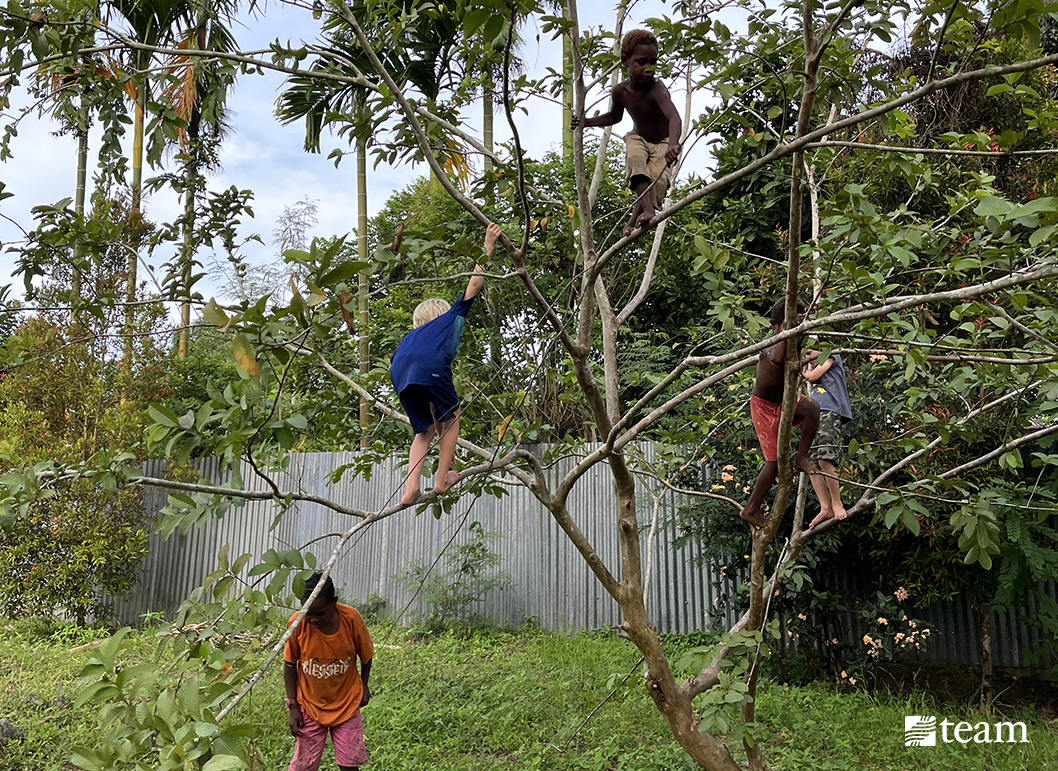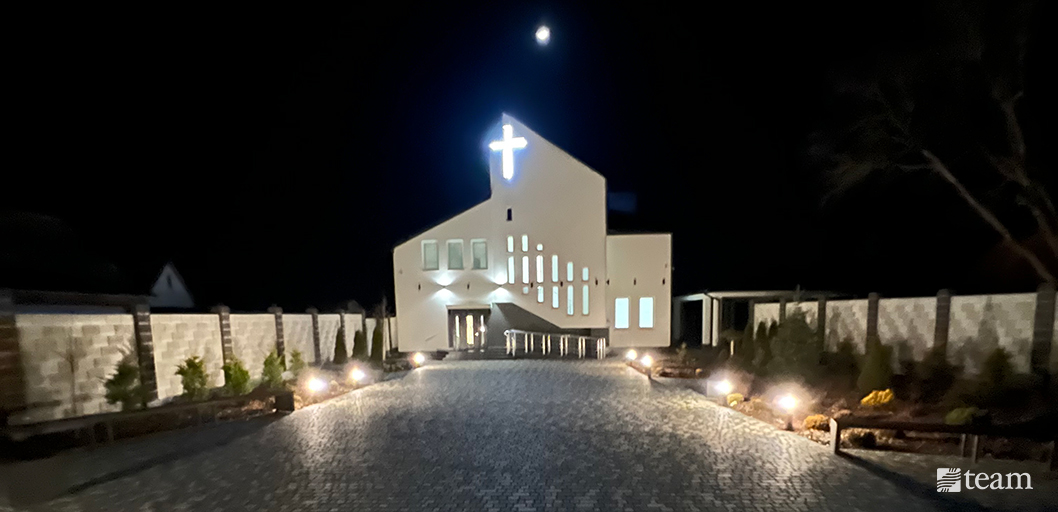
Ministry Updates
The Church Planting Program That Became a Filipino Movement
December 16, 2021
by admin
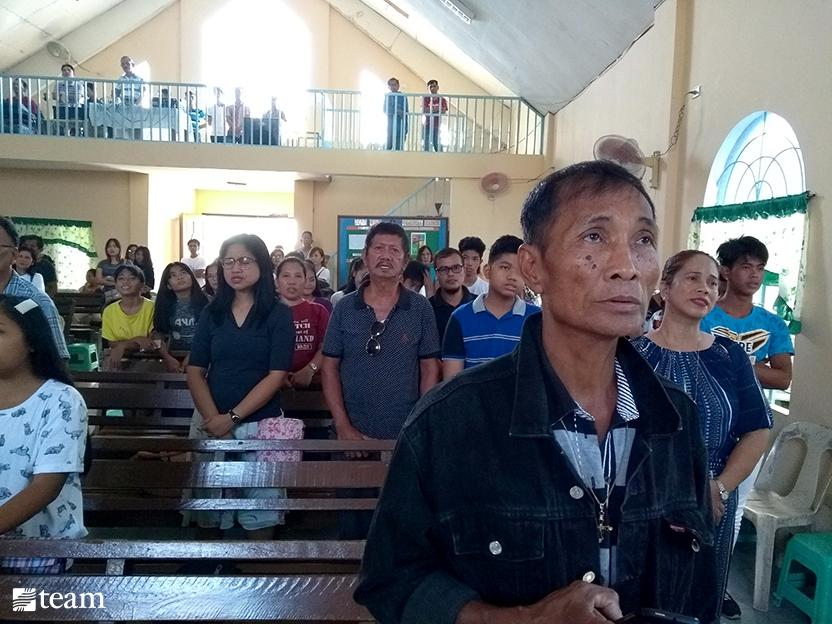
The students at the Church Planting Institute are a mismatched bunch.
High school dropouts and college professors.
A former gang member and a former aspiring priest.
Mature believers and brand new ones.
But they’re all attending the CPI because they share two things in common.
“It’s basically, do you believe in Christ? Are you passionate about Him enough to invest your life in multiplying for Christ?” says TEAM missionary David Weaver. “And if you are, then … we’ll take you wherever you’re at and disciple you from there.”
This easy entry philosophy might not lend the Filipino school much prestige, but the results are undeniable.
David and his co-founder, Filipino pastor Leonardo Diawa, started CPI with just 12 students. Twenty-five years later, that class has multiplied into a church planting network, growing across the Philippines and into the world.
A Simple but Radical Training Program
Early in their careers, David and Leonardo were assigned to each other as church planting partners.
Leonardo had been planting one church after another since he was 17 years old. David and his wife had just finished their first church planting assignment and were realizing they needed a more efficient model for planting churches.
“We started praying about how to train Filipinos, to … build off of each church that’s planted instead of, you know, just starting [from scratch],” David says.
Their plan for a three-year program was simple but radical: The students would watch Leonardo and David do ministry, they’d attend classes — and they’d start doing their own ministry right away.
It was scary at first. Some of these students had only been believers for a year or two. But because the students were immersed in ministry immediately, they could ask practical and theological questions as they came up.
“It really helped accelerate their growth,” David says. “And instead of, you know, stashing everything in a notebook for four years from now, they were using it right away.”
It was an echo of how Jesus did ministry. The disciples watched Jesus do ministry and were then sent out on their own. When they came back, they told Jesus about the problems they faced. He gave them more teaching and then sent them out again, better equipped.
As the program grew, Leonardo began pairing new students with older students and alumni who could guide them on a continual basis. When one student has a special event at their church plant, a flock of other students comes to help. When students graduate, they keep coming to classes — and bringing disciples of their own.
“It is really easy to plant a church because we have so many forces — the whole CPI joined together,” Leonardo says.
‘The Church Should Not Stop’
One of Leonardo’s joys has been watching his own son Jerry go through the CPI program. Jerry was 10 when he first started asking his mom how to share the Bible with his friends.
“From that time, my father realized that I have a calling, and my father involved me in many areas in ministries,” Jerry says.
Jerry enrolled in CPI after high school and jumped into ministry along with his classmates. The program did more than teach him theology. He learned how to minister and support other believers in ministry. He built a community.
Jerry established one church with the help of other CPI students. Then, after 10 years, one the church members invited him to a birthday party in another community.
“I preached the Gospel, and many people listened and wanted me to go back,” Jerry says.
Jerry went back and continued preaching the Gospel. He gathered a team of CPI students his and another church, and they worked together to plant yet another church. Then he invited members of the new church to join CPI and started training them as well.
“The mission is not only will I plant a church but that the whole church will plant. … The church should not stop,” Jerry says.
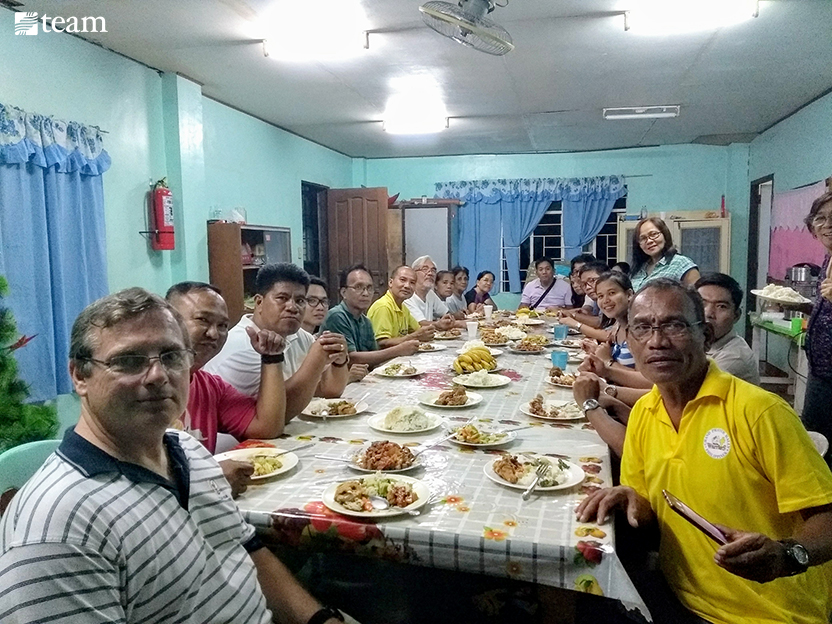
CPI founders David Weaver and Leonardo Diawa emphasize building relationships as part of their disciple making efforts.
Building a Family of Church Planters
Jerry is now one of many CPI pastors who are training their own members to plant churches.
Traditionally, churches have scraped together money to send promising young people to Bible college. The hope is that the students will graduate and come back to invest in their home church. Instead, they often find salaried pastor roles at wealthier churches.
CPI fixes this problem by keeping students local and not charging tuition. The teachers travel and, more recently, teach online as well.
The program’s flexibility allows students to continue in their regular jobs while they study. Their pastors continue to mentor them. They partner with other local church planters. The church plants grow naturally out of other local churches, rather than as the product of a distant Bible school.
“Maybe that is the reason why we are committed [to each other],” Jerry says. “We are like family.”
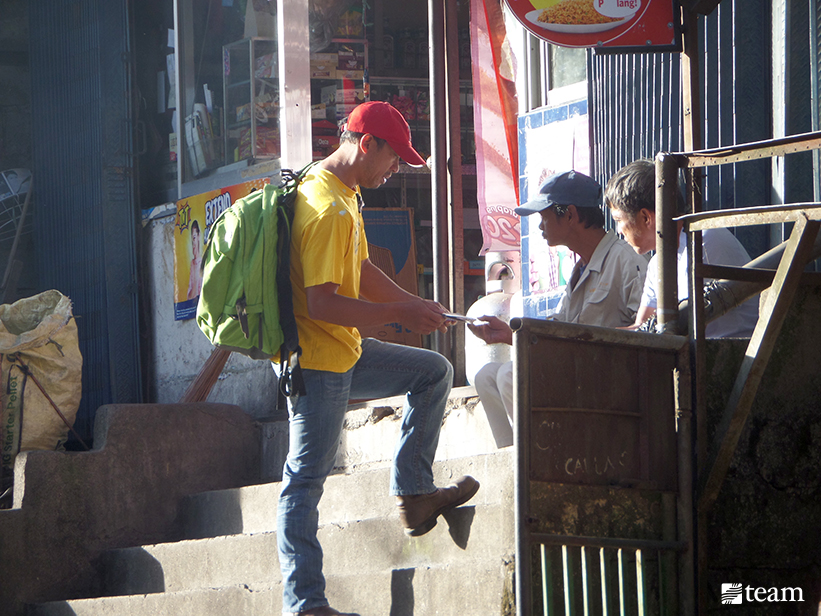
Part of CPI’s success comes from Filipinos starting churches and leading their own ministries.
Sending Filipinos as Missionaries
In 1995, Leonardo and David were encouraged to look forward to 2020 and draw a picture of their vision for CPI.
They drew a picture of a meeting with church leaders from every church in two provinces. The leaders had been trained through CPI, and they were laying hands on a missionary family, preparing to send them out.
In retrospect, that vision was short-sighted. They accomplished it in fewer than 20 years and now have CPI-trained disciple-makers in Dubai, Canada and Taiwan. Established denominations are asking if they can do the same style of training.
David and Leonardo pray that more and more churches will adopt this training — not only in the Philippines, but around the world.
“It’s simple, it’s relational, it’s not heavy on program,” David says. “It’s just living with people, doing ministry with people and then helping them to help others do ministry with the same resources.”
